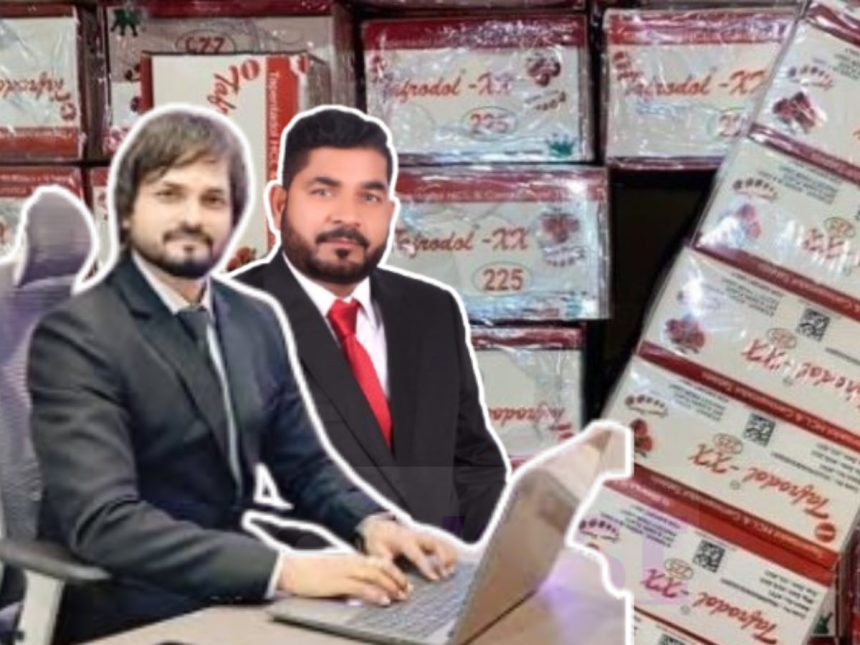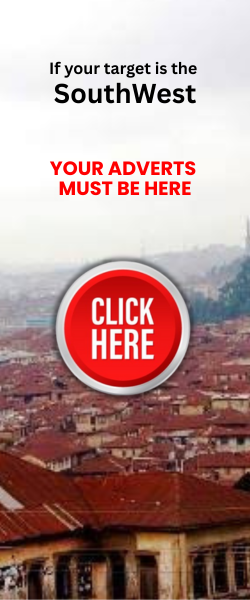A private screening of a BBC documentary in Lagos on Thursday shed light on a shocking pharmaceutical scandal. An undercover investigation by BBC Eye has exposed how Aveo Pharmaceuticals, an Indian drug manufacturer, is illegally producing and exporting highly addictive opioids, -Tramadol packaged in different brand names, to West Africa, fueling a deepening public health crisis.
The investigation revealed that Aveo Pharmaceuticals is manufacturing and distributing unlicensed opioid pills containing tapentadol, a powerful painkiller, and carisoprodol, a muscle relaxant banned in Europe for its addictive properties. These dangerous drugs, sold under brand names like Tafrodol, TimaKing, and Super Royal-225, are being widely abused in countries such as Ghana, Nigeria, and Côte d’Ivoire, leading to addiction, overdoses, and deaths.
BBC reporters infiltrated Aveo’s factory in Mumbai, capturing secret footage of company director Vinod Sharma admitting the drugs’ harmful effects but justifying their production as a business decision. “Nowadays, this is business,” Sharma was caught saying in the footage, dismissing concerns about the impact of the drugs.
The investigation further revealed that Aveo-branded opioid pills are flooding the streets of West Africa, being sold cheaply and widely abused by young people. In Ghana, the crisis has reached alarming levels, prompting community-led efforts to curb the spread of these illicit drugs.
In Tamale, northern Ghana accodring to the BBC film, a local chief Alhassan Maham has mobilized a voluntary task force of 100 citizens to combat the drug epidemic. The group conducts raids on dealers, seizing and publicly destroying illicit pills. “These drugs consume the sanity of those who abuse them, like fire burns when kerosene is poured on it,” Maham told the BBC.
During one such raid, BBC journalists accompanied the task force as they intercepted a dealer in possession of green pills labeled Tafrodol, confirmed to be from Aveo Pharmaceuticals. The confiscated drugs were later burned in a public demonstration, sending a stern warning to traffickers. “If they catch you, they’ll burn your drugs,” warned task force leader Zickay.
Despite these grassroots efforts, Aveo continues to churn out millions of these unregulated pills, fueling an ever-growing crisis.
Nigeria, with a population of 225 million, is a major market for these illicit opioids. According to Nigeria’s National Bureau of Statistics, an estimated four million Nigerians abuse opioids. Brigadier General Mohammed Buba Marwa, Chairman of the National Drug Law Enforcement Agency (NDLEA), described the crisis as devastating to youths, families, and communities.
In 2018, Nigeria cracked down on the abuse of tramadol following a BBC Africa Eye report exposing its misuse. Authorities imposed strict controls, and India restricted tramadol exports. However, Aveo adapted by introducing an even more dangerous alternative—tapentadol combined with carisoprodol. Experts warn this new combination is even deadlier, causing severe respiratory depression and withdrawal symptoms that include anxiety, hallucinations, and insomnia.
Dr. Lekhansh Shukla, a mental health expert at India’s National Institute of Mental Health and Neurosciences, confirmed the extreme dangers of this drug combination in the BBC docuementary, warning that its potency significantly increases the risk of fatal overdoses.
India is a global leader in pharmaceutical manufacturing, producing life-saving medicines and vaccines. However, rogue companies like Aveo Pharmaceuticals are undermining this reputation. Export records show that Aveo, along with its sister company Westfin International, has shipped millions of these unlicensed pills to West Africa in violation of Indian and Ghanaian drug regulations.
Indian law prohibits pharmaceutical firms from exporting unlicensed drugs unless they meet the importing country’s regulations. However, Ghana’s Drug Enforcement Agency confirmed that Tafrodol and similar products are illegal in the country, making Aveo’s exports unlawful under Indian regulations as well.
When the BBC crew approached for a response in the film, neither Aveo Pharmaceuticals nor Vinod Sharma addressed the BBC’s findings. Meanwhile, India’s Central Drugs Standard Control Organization (CDSCO) stated its commitment to investigating and cracking down on any pharmaceutical firm engaged in illegal practices.
Attendees of the private film screening included Senior Journalists, News Publishers and Represenatatives of NDLEA, NAFDAC and the Paharmaceutical Society of Nigeria (PSN). They all expressed concerns about the problem which has attained an epdemic status across the West African region.











